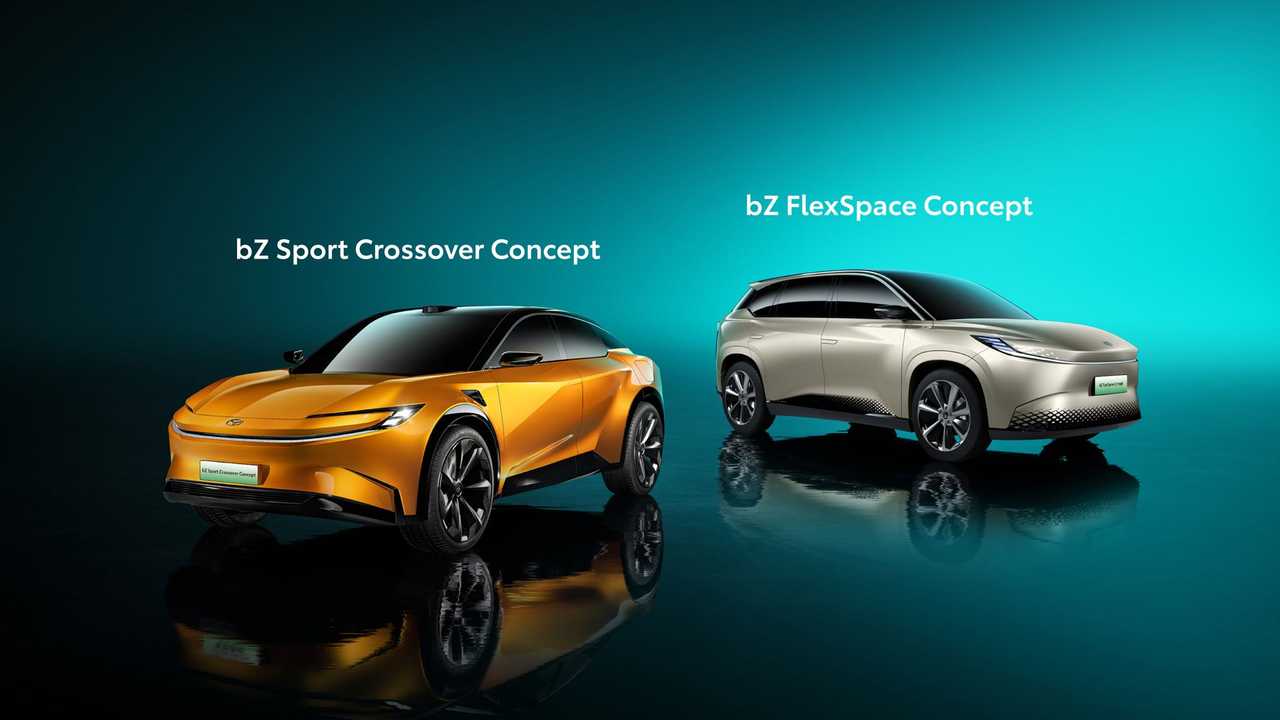Toyota has announced its plans to significantly increase its electric vehicle (EV) production in order to compete with American and European rivals. The company aims to produce 600,000 EVs in 2025, which is three times its previous target of 190,000 EVs in 2024. In 2022, Toyota sold 24,000 EVs and is targeting sales of 150,000 EVs in 2023.
While Toyota is a major player in the US automotive market, its pure EV sales are currently much lower than competitors like Tesla, Ford, and General Motors. However, the company is determined to catch up. It has 10 new Toyota and Lexus EVs in the pipeline, with plans to launch them by 2026.
According to Japanese publication Nikkei, Toyota is set to launch the electric version of its globally popular Hilux pickup truck in Thailand this year. Additionally, new SUVs are scheduled for release in the US and China in 2024, including a three-row electric SUV that will be manufactured in the US.
Despite being a leading seller of electrified vehicles in the US with over 20,000 plug-in cars sold in the first half of 2023, Toyota’s pure EV sales have been underwhelming. By June 2023, the company had sold 4,776 battery electric vehicles (BEVs), including the bZ4X crossover and the Lexus RZ 450e. The hydrogen-powered Mirai accounted for an additional 1,722 units during the same period.
Even if Toyota achieves its production targets, it will still trail behind rivals like Tesla and BYD. Tesla, for example, estimates that it will produce 1.8 million EVs in 2023 and has plans to expand its manufacturing facilities globally, including a new plant in Mexico and potentially in India as well.
On September 19, 2023, Toyota unveiled its next-generation EV demonstration line in Japan. The announcement included upgrades to its factories, such as giga casting, a three-part modular structure, and a solid-state battery development line, taking inspiration from Tesla’s manufacturing techniques.
Overall, Toyota is determined to ramp up its EV production and compete with its rivals in the American and European markets. With new models in the pipeline and upgrades to its manufacturing capabilities, the company aims to make a significant impact in the EV industry.
Toyota Sets Ambitious Goal of Producing 600K Electric Vehicles by 2025, Tripling Initial Target
Tokyo, Japan – In a bold move towards sustainability and greener transportation, Toyota Motor Corporation, the global automotive giant, has announced its ambitious goal of producing 600,000 electric vehicles (EVs) annually by 2025. This targeted output represents a tripling of its initial target of 200,000 EVs per year, showcasing Toyota’s determination to be at the forefront of the rapidly evolving electric vehicle market.
As a company renowned for its commitment to hybrid technology, Toyota has long dominated the market with its popular Prius hybrid models. However, with the recent surge in demand for fully electric vehicles, the company recognizes the need to adapt to changing trends and consumer preferences. By ramping up its electric vehicle production, Toyota aims not only to capitalize on the growing market but also to contribute significantly to the reduction of greenhouse gas emissions.
Toyota’s decision to triple its electric vehicle production is driven by several factors. Firstly, stricter emission regulations around the world have put considerable pressure on automakers to reduce their carbon footprint. Secondly, the continuously advancing technology and increasing acceptance of electric vehicles have led to a surge in demand. Moreover, with governments and consumers increasingly embracing cleaner forms of transportation, Toyota’s move can be seen as a strategic response to this shift.
To achieve this bold expansion plan, Toyota will introduce a wide range of electric vehicle models across various segments. The company is set to leverage its expertise in electric powertrains and battery technology to develop advanced electric vehicles that meet the needs and expectations of diverse customers. This multi-pronged approach will enable Toyota to tap into different market segments and capture a substantial portion of the growing electric vehicle market.
Additionally, Toyota’s ambitious goal is underpinned by its commitment to sustainable manufacturing processes. The company is investing heavily in research and development to improve battery technology, enhance manufacturing efficiency, and reduce the environmental impact of its production. By focusing on sustainability during the entire product lifecycle, from production to disposal, Toyota aims to minimize its ecological footprint and contribute to the overall well-being of the planet.
Toyota’s announcement comes at a critical time when governments, industries, and consumers are increasingly embracing electric vehicles as a clean and sustainable mode of transportation. The recent surge in investments within the electric vehicle market by various automotive companies indicates the rising importance of this industry. As such, Toyota’s ambitious target not only showcases its determination to stay ahead of the competition but also demonstrates its commitment to climate change mitigation and the transition to sustainable mobility.
While challenges lie ahead in terms of infrastructure development, technological advancements, and battery capacity, Toyota’s formidable expertise and vast network of suppliers put it in a favorable position to overcome these obstacles on the path to achieving its ambitious goal. Moreover, with its long-standing reputation for reliability and quality, Toyota is likely to gain the trust and loyalty of customers seeking to invest in electric vehicles.
In conclusion, Toyota Motor Corporation’s announcement to triple its electric vehicle production target to 600,000 units per year by 2025 is a clear statement of intent in the rapidly evolving electric vehicle market. By diversifying its product lineup and investing in technological advancements, Toyota aims to capture a significant portion of the growing market and contribute to the fight against climate change. As the global automotive industry undergoes a dramatic transformation, Toyota’s ambitious goal sets a high bar for other automakers and affirms its commitment to a greener and more sustainable future.

